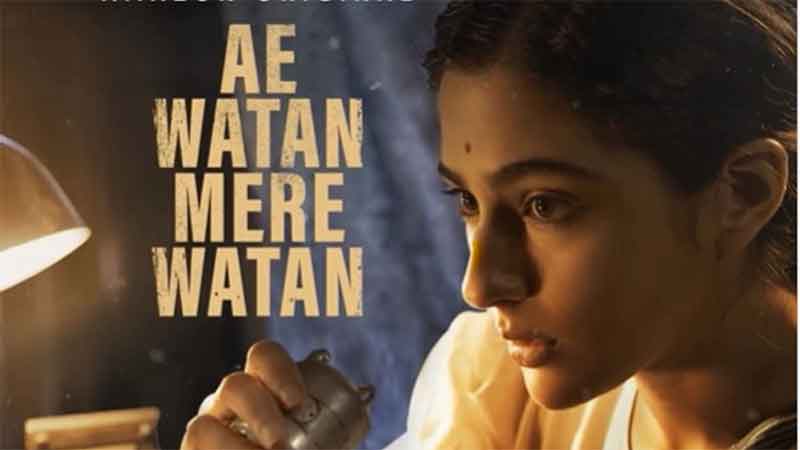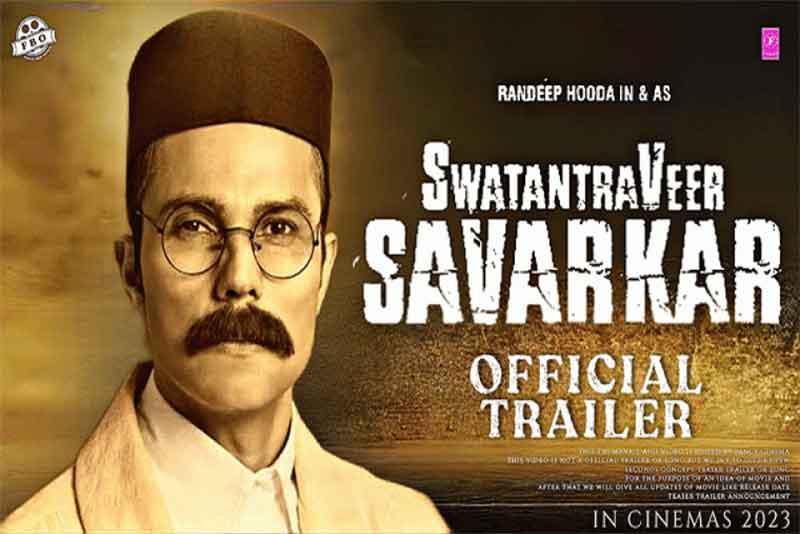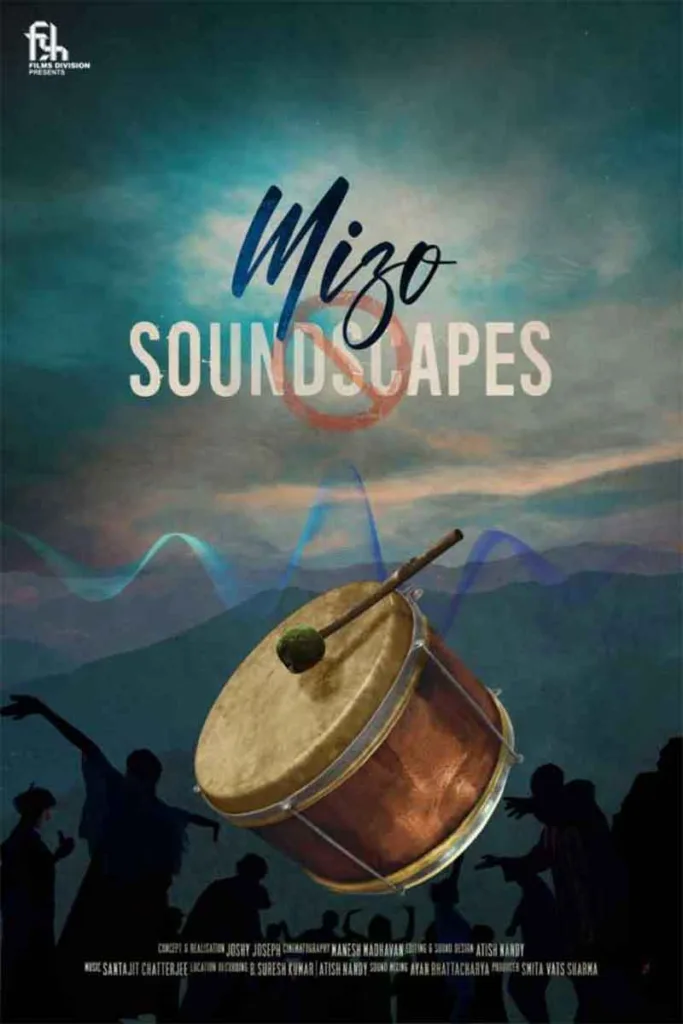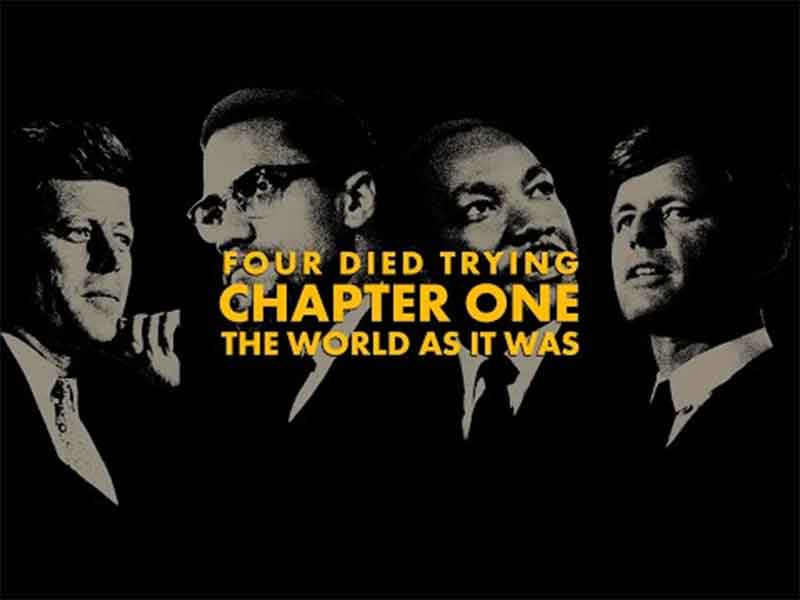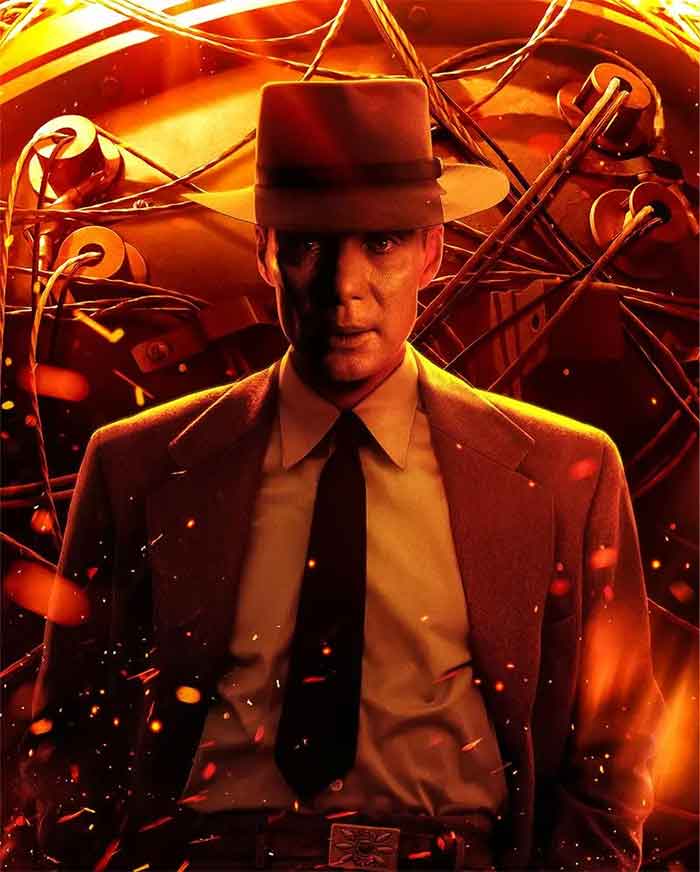Review of “A Poet, a City and a Footballer”
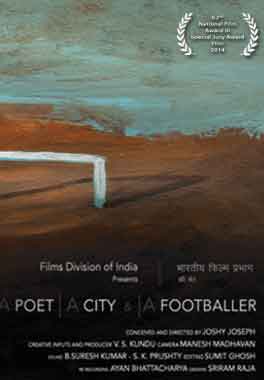
“Men, music, light, landscape, color and motion brought into one integral whole by a single piercing emotion, by a single theme and idea – this is the aim of modern cinematography.”
Sergei Mikhailovich Eisenstein (1898-1948)[1]
Introduction
A/ Musical foreword
The movie begins with a song of Rabindranath Tagore, a song interpreted by a young woman who lives what she sings. That helps us to enter an emotional mood. The song is in the spirit of Tagore’s Gitanjali. And the whole movie is in that spirit.
B/ What sort of a movie are we dealing with?
If the words of Eisenstein I just quoted above can be applied to the present movie, then the question does not arise as to whether that movie is a documentary or an essay. I submit that the film is an essay: a deeply personal, very well informed and highly sensitive response to the situations of two particular persons, at a specific time and in a well-defined location, Kolkata.
The title of the film invites your attention: a poet, Goutam Sen, a city, and a footballer, Pradip Kumar Banerjee.. For Joshy Joseph the city involved is Kolkata. He calls it a city. More accurately, Kolkata is one of the 32 megacities worldwide. These cities have been defined by the UN as megacities, eachfor having more than 10 million inhabitants. Almost every part of the movie begins by drawing us to Kolkata on an immense bridge, often the approach to a megacity. But once in the city we find ourselves among crowds of very poor people. Urbanization, in spite of having some positive effects, has fostered the increase of poverty, in addition to snatching most of us away from our natural environment. Moreover, the particular megacity that Kolkata is has a much disorganized traffic. By way of being amusing the poet says unexpectedly that the Bengalis have a sense of poetry but no sense of traffic.
It is difficult to respond to the theme of the footballer without calling to mind that well known theme inthe movie 3 idiots. In that film, there is a baby boy being born. Every time Rancho sings his favorite “Aalizz well”,the baby gives a kick in the womb of his mother. That kick is perceived by his grandfather standing by the mother’s side and he comments, “He seems to want to become a footballer… Let him be one.”
The movie is divided into four chapters. The numbers are written on the screen with the word Chapter each time. But no name is given to the chapters. The various elements of the movie, like the conversations between some of the characters in the film do not have the linearity characteristic of Western drama and more generally of Western literature. These elements constitute a montage of significant thoughts along with polyphonic emotional notes.
Chapter One
This part deals with GoutamSen and his poems. Here are a few noticeable verses from four of Goutam’s poems.
No. 1.
Water recedes into
The depths of its own hurt self.
Will you go the same way?
No. 2.
You defeated me
And made me ecstatic
In ten minutes
You rang back…
Where are you?
I am ready!
No3.
You, who are doing well,
Eating-drinking,
Enjoying café, mall and disco
Honestly
You make me mad.
No 4.
Yet, the fool that I am…
In two full years
I failed to notice Death,
Standing a foot-and-a-half away
Actually, in the mirror…
He is my exact self
Throughout the movie there are a number of statements that can be enlightening and encouraging. I mention a few here, irrespective of the Chapter they belong to. –
– You will never know how long you will live. Make the best of it.
– Believe in destiny, then there is nothing to be afraid of.
– When you watch a movie it is not reality.
Chapter Two
The film team is shooting in the city. They try to make some views of Poet Goutam. But willingly or not they make –or see—poor images of the city.
Chapter Three
Pradip Kumar Banerjee, aka PK Da or PK Banerje, is introduced. Then we see ordinary footballers. PK Da emphasizes that what is important is to give them spirit.
Chapter Four
Indira Gandhi seen greeting a crowd
Swamy Vivekananda is quoted as saying that football is a fantastic game.
PK Da speaks at length of his work among footballers.
I am very thankful to Joshy and his team for giving us views of the Poet and now of the Footballer, each of them in his particular situation and context. And here we see a commendable use of the communication media. The medium is used in the present film to mediate the personality of, first the Poet and here of the Footballer. However, both these men are also the targets of other movie media that also mediate but in addition systematically mediatize. Mediatization occurs when those who use the media convey the characteristics of the medium used like nationalist, sometimes aggressive, international, mechanical rather than human. Our Footballer PK Da is built as an icon by the mass media, an icon that has the characters of the mass medium itself.
In this fourth chapter, we are fortunate to have a record of a very spontaneous conversation between our Footballer with some of his friends, some ex members of teams previously coached by PK Da, or some colleagues. And then we come to know PK Da as a person deeply committed to guiding clubs to victories without personal hostility towards players of the opposite team but with focus of the attention on strategies used with skills acquired through committed exercises.
The following statement constitutes the end of the movie: “The flow of life goes on and on.” And at a time when our Poet, GoutamSen is told that he suffers from cancer, this statement is made: “Life and death are inevitable. What’s there to be afraid of it?” Again, “Believe in destiny, then there is nothing to be afraid of.”
Poet Goutam also wrote in his Poem 4, quoted above: “In two full years I failed to notice Death standing a foot-and-a-half away. Actually, in the mirror… He is my exact self.” The Poet died, and his dead body is shown in the movie to those who knew him at the time.
Concluding this brief comment I would like to emphasize the fact that this movie is neatly in line with the Indian dramatic tradition as formulated in Bharata Muni’s treatise on drama, The Natya Veda. I shall mention two main aspects. First, my quotation of Eisenstein. Although it does not belong to the Indian tradition states implicitly that the film is a polyphonic montage of elements that merge together to arouse some emotion in the spectator. Secondly, already two thousand years ago drama was considered as having been created out of compassion by Brahman to be a medium of education that would help the poor and the needy. Thirdly, the footballers are exhorted to play honestly and to prepare themselves very carefully. Again from the movie 3 idiots this advice can be quoted: “follow excellence and success will follow you.”
How did I react to this movie? From the first screening and increasingly in the next ones (six altogether) I found the movie very fascinating. As a set of moving images, along with sounds, the movie is beautiful, especially the quality of the colors involved as well as the sound of the areas and the music giving a soul to these areas. What is even more fascinating is how the various characters in the film experience their lives as humans
One more thing I noted with pleasure is that while watching the movie, I constantly felt that it was a team work. I think that gave a feeling of commitment to their work on the part of all the members of the team. And that commitment was not a mechanical relationship with each other but a cordial collaboration among them all.
[1] This text by Eisenstein is part of his book of Film Essays, edited by Jay Leyda, London,Dennis Dobson, 1968, 220 pages. See p. 84. I have reproduced it on the blurb of the back page of my book Eisenstein’s Ivan the Terrible, an analysis, Kolkata, Chitrabani, 1980, and I have reproduced it pages 113 and 117 of the same book.
Fr.Gaston Roberge who passed away yesterday was an iconic film-scholar
SIGN UP FOR COUNTERCURRENTS DAILY NEWSLETTER

